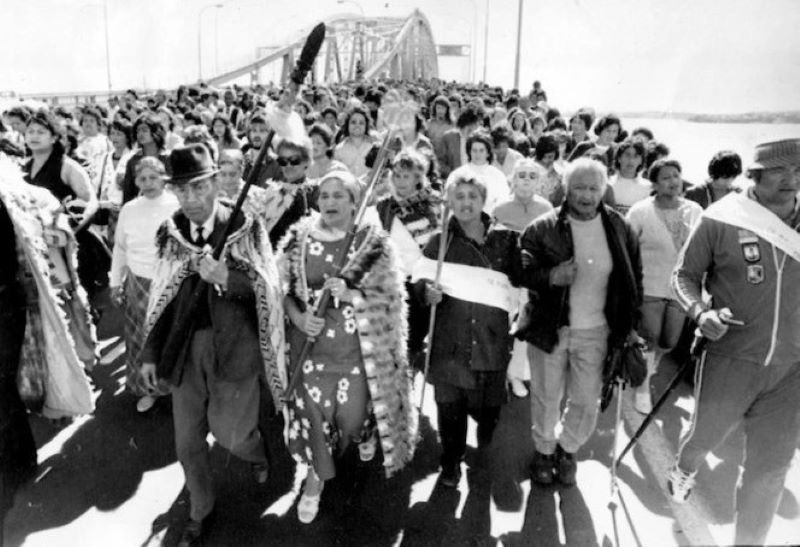Anne Daniels, President
NZNO Tōpūtanga Tapuhi Kaitiaki o Aotearoa
In a world where calls for a ceasefire are debated while innocent people continue to die – and those who try to help, the aid workers, nurses, doctors and more, die alongside them – what does it mean to us, so far away on the other side of the world?
What does it mean when we are told that weapons are made and delivered by the same regimes that call for a ceasefire. You have to wonder which side is up. War cannot happen if there are no weapons, and there are other ways to settle disputes.
Every life matters.
The struggle to respect, protect and support life belongs to all of us. This is fundamental to us as health professionals. We all have our own struggles but in this country we are expected to ‘harden up’ and get on with it.
Mike King (comedian and founder of I am Hope’ foundation) thinks otherwise. His sincere hope is that Kiwi “stop pretending we have our shit together”. He further says that having a suicidal thought doesn’t make you mentally ill, it makes you human. If you haven’t left your house at least once in your life thinking ‘what’s the point’ then you need to get out of the marshmallow you’re living in.”
Why? Because we are failing our children. Our children are our future. Suicide is the third leading death category for our kids aged 28 days to 24 years (one in five of our mokopuna, but much worse for our 15- to 19-year-olds and young men). Serious thoughts of suicide and attempted suicide occur more often in areas of high deprivation and under the current government, deprivation is set to grow. This is avoidable, unfair, and unjust. This is a major issue, and it belongs to all of us.
Yet, right now, in a bid to cut costs and honour the election promise of tax cuts, the current Government is slashing and burning the Suicide Prevention Office, set up to work with the many public health and community groups working towards eliminating suicide.
It’s also proposing downgrading the drug-checking services function leading to a loss of people working in mental health and addictions. Further, the national telehealth service is struggling to recruit enough qualified clinical staff to operate the 24/7 phone lines for triaging people with mental health problems, while also supporting police and ambulance services. In the next four weeks, more than half the shifts are understaffed. Why? Poor pay and conditions.
National promised pre-election that there would be no cuts to front line health services. Yeah, right. The currently proposed cuts will end the lives of our most vulnerable. Yet this Government is ignoring the facts. It is cheaper to prevent harm than to try and fix it when it happens. We cannot stand by in silence. We must act.
Mike King’s patai (question) is, will we climb out of our marshmallows, rise up (Maranga Mai!) and be counted? Will we take off our masks and be more vulnerable in front of our kids, and maybe, just maybe, they’ll be able to take off their masks and reach out and ask for help before something tragic happens.
Jess Glynne reminds us all: “Don’t be so hard on yourself, no. Learn to forgive, learn to let go. Everyone trips, everyone falls. So don’t be so hard on yourself, no.”
We need to start talking to each other, and our children – today. If you need to talk – free call or text 1737 any time or Lifeline – 0800 543 354.
If your need NZNO help call 0800 28 38 48.




